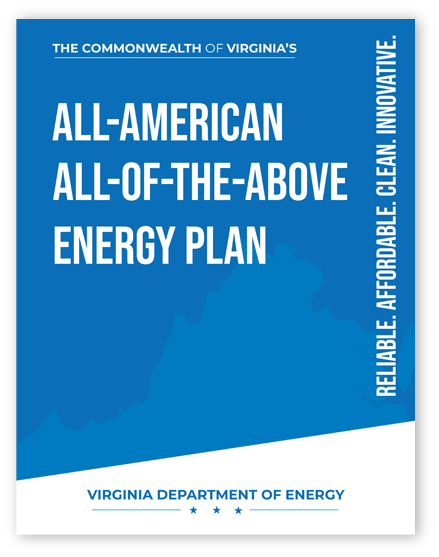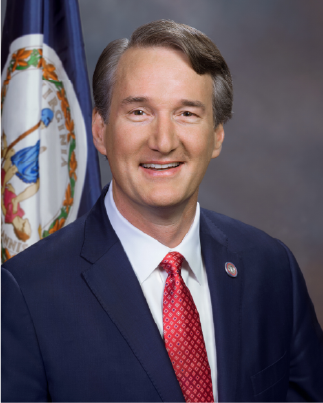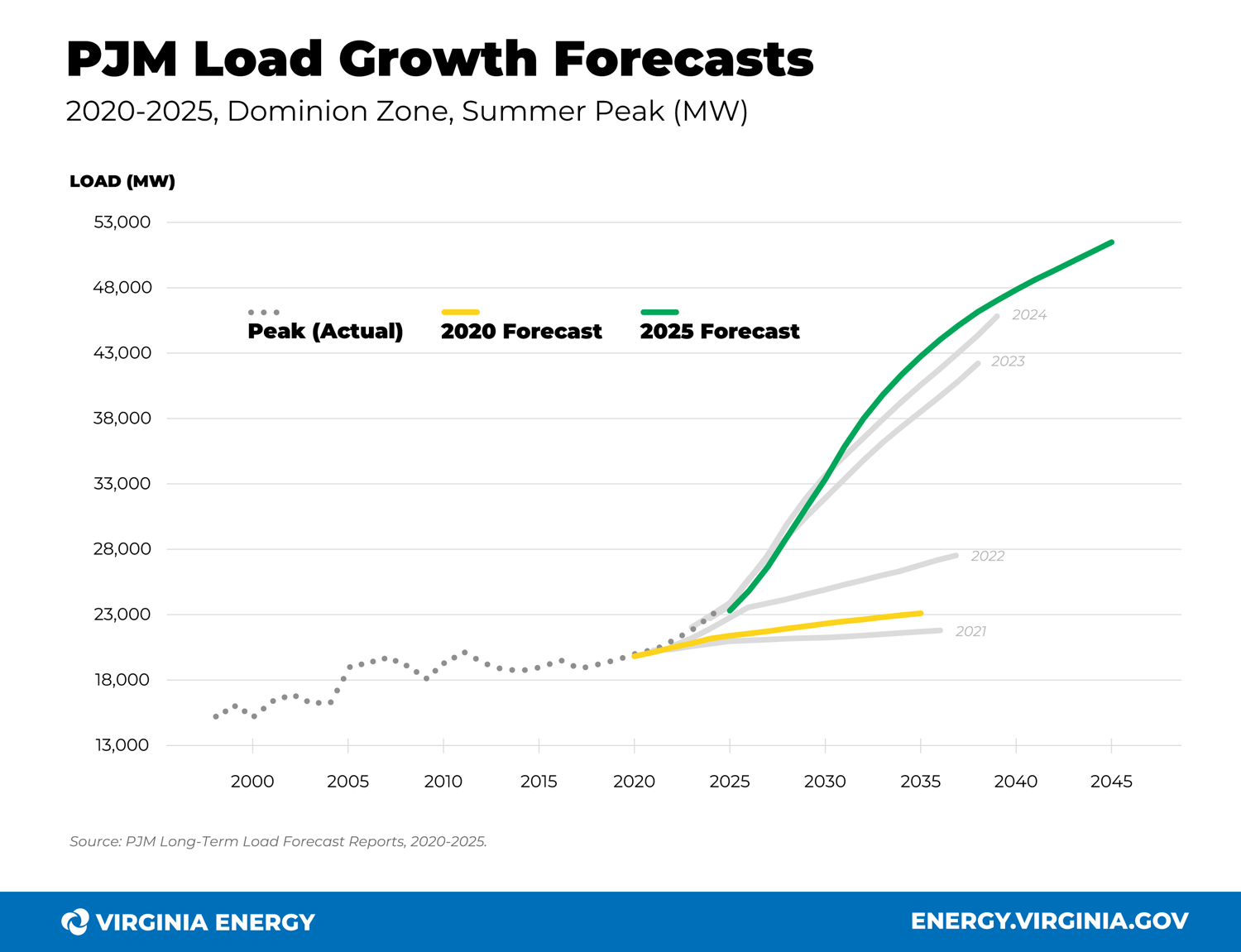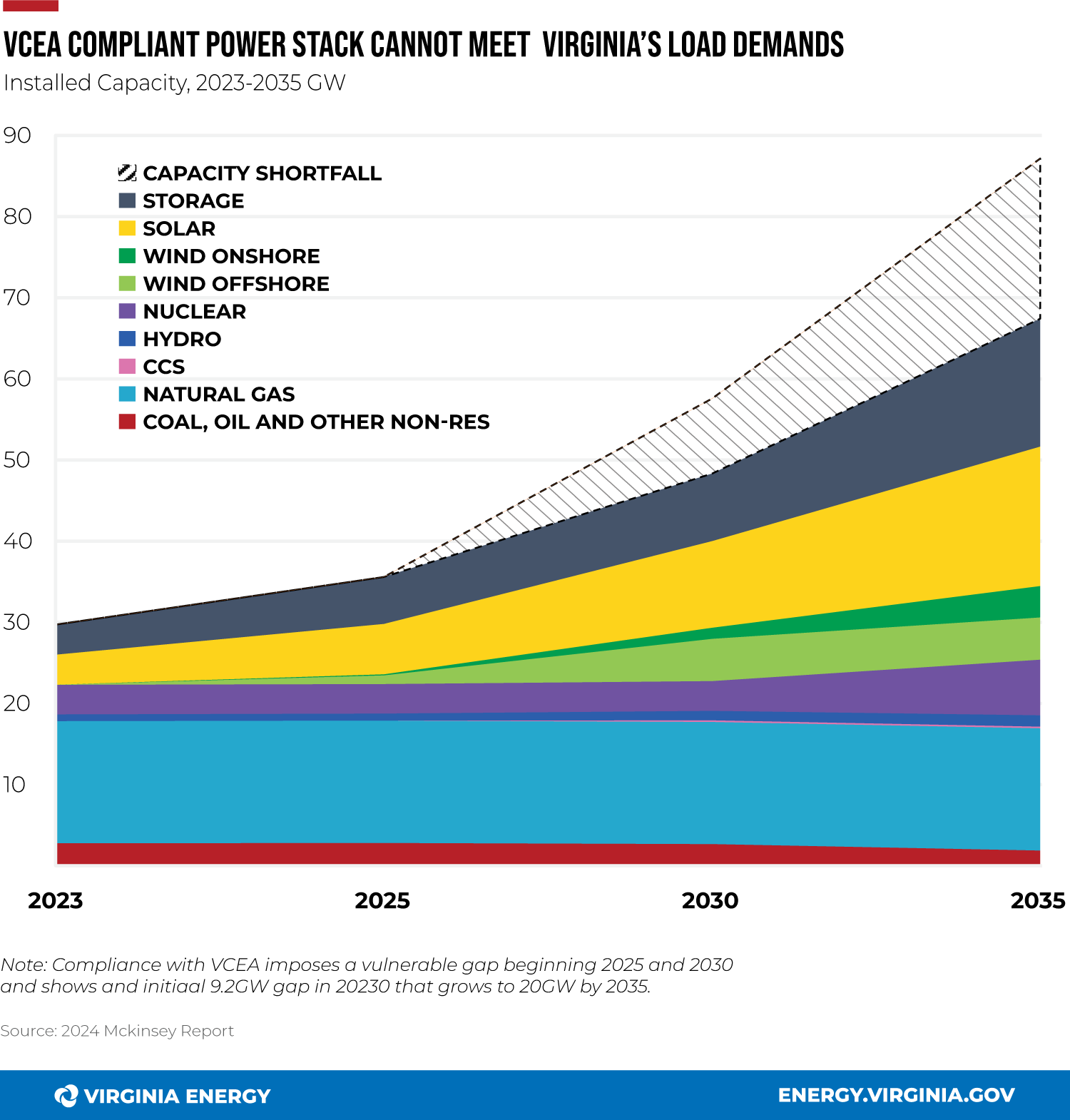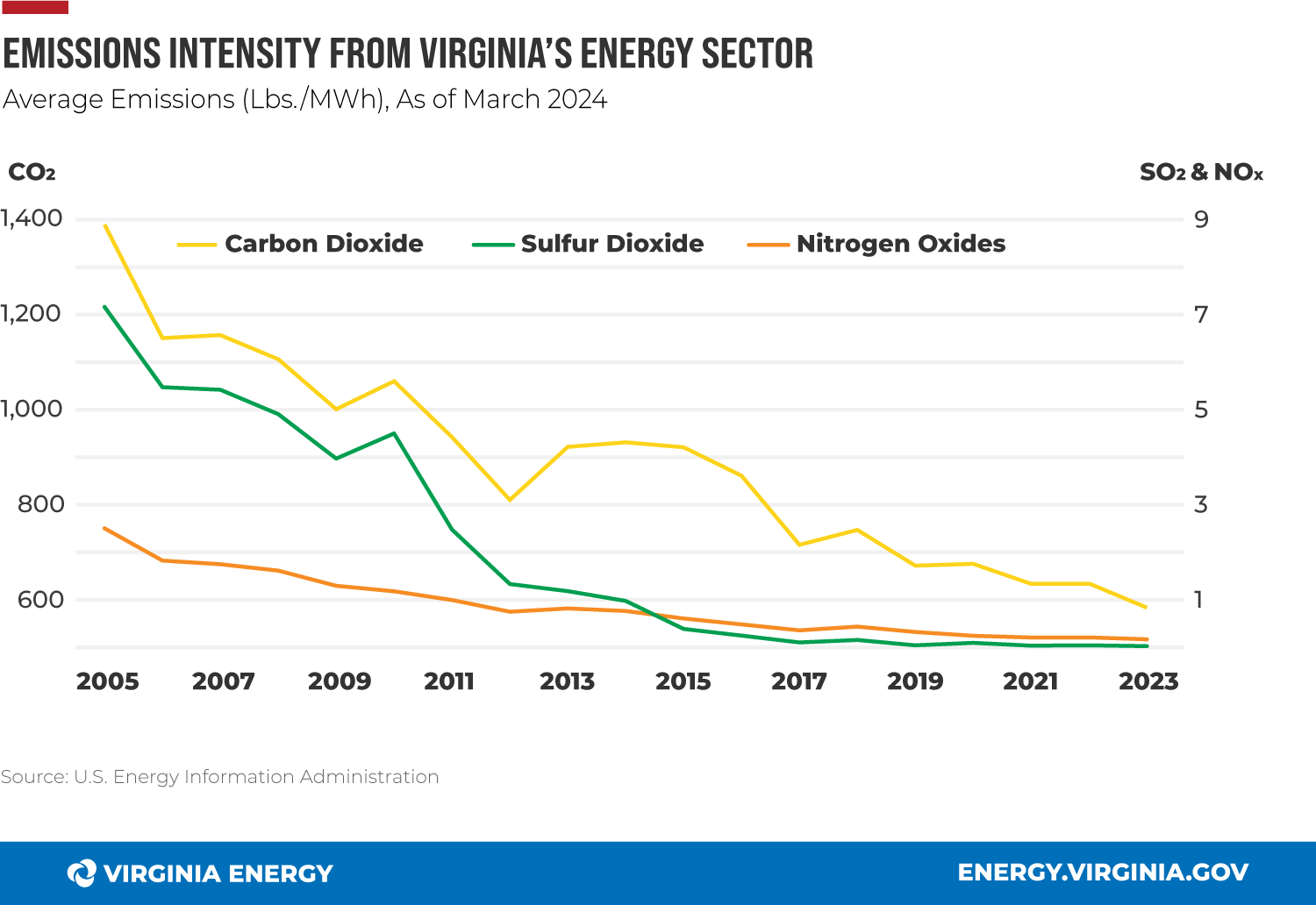Since the release of Governor Youngkin's 2022 Virginia Energy Plan, the Commonwealth has made significant strides in advancing its "all-of-the-above" energy strategy.
Nuclear Innovation
Amazon and Dominion Energy Partnership:
Amazon Web Services (AWS), Dominion, Energy, and X-Energy announced a groundbreaking partnership aiming to develop one of, if not the first SMR in the nation near the utility's North Anna power station.
Appalachian Power's SMR Plans:
Appalachian Power announced a new SMR project in Campbell County, with the application process beginning in spring 2025.
U.S. Navy Exploring SMRs in Virginia:
The U.S. Navy announced four locations in being considered for potential shore-based nuclear power sites to power their bases and infrastructure in Virginia.
Clean Energy Financing
Virginia Clean Energy Innovation Bank (VCEIB)
Virginia Energy established VCEIB in 2024 to accelerate the deployment of clean power generation and energy infrastructure across the commonwealth. Learn more here.
Virginia Power Innovation Program
Established in 2024, the Virginia Power Innovation Program funds the research and development of innovative energy technologies, including nuclear, hydrogen, carbon capture and utilization, and energy storage. Learn more here.
Renewable Energy Expansion
Plans for Growth
Dominion Energy's 2024 Integrated Resource Plan outlined plans for significant expansion of carbon-free energy sources, including:
- ~3,400 megawatts of new offshore wind
- ~12,000 megawatts of new solar
- ~4,500 megawatts of new battery storage
Solar Installations
Approval of new solar projects totaling more than 750 megawatts, enough to power nearly 200,000 Virginia homes.
